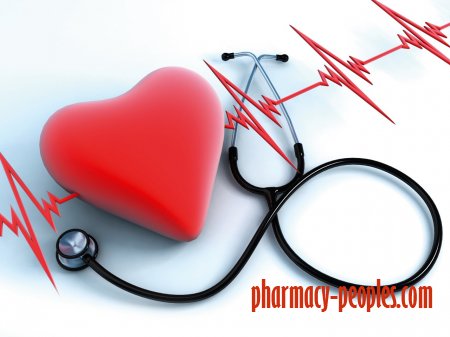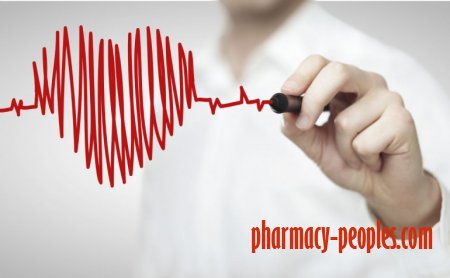WARNING: IF YOU HAVE THESE 6 SYMPTOMS, YOU MAY EXPERIENCE A HEART ATTACK IN THE UPCOMING MONTH
According to the statistics, one of the principal reasons for death in the United States of America, even before cancer, is a heart attack. The evidence shows that in 2008 the heart disease caused 25% of all deaths.
The coronary heart disease is the most common problem when it comes to heart disease. Comparing the facts, the men are more prone than the women to this type of disease.
Main Reasons for a Heart Attack
According to the Center for Disease Control and Prevention the main reasons of the heart attacks are:
– High cholesterol,
– Smoking, and
– Hypertension is the main reasons for heart attacks.
To this group can be added overweight, a sedentary lifestyle, too much alcohol, an unhealthy diet, and diabetes.
Chances for Survival
Recognizing the symptoms of heart attack is the most important thing for surviving. In reality, half of the heart attacks happen outside of a hospital, so, this is why detecting the symptoms can be a crucial moment to avoid it happens. The survey of the Center for Disease Control and Prevention showed that 92% of their patients felt discomfort in their chest, but the number of them that recognized the symptoms is only 27%.
Look at the Most Common Signs of a Heart Attack
1. Swelling
When your heart is struggling to pump the blood, it might cause the blood swelling and cause the bloating of the ankles, legs, and feet. Also, you might experience s cyanosis (blue tinge) in the extremities or in the lips.
2. Shortness of Breath
Having in mind that the lungs and the heart work together, in case of reduced heart’s function, the lungs are not receiving the oxygen they need. This will cause shortness of breath and difficulty of breathing.
3. Dizziness
When the heart is not working properly, then the blood circulation is reducing, which leads to lack of oxygen in the blood. This can be a reason for dizziness, so, you need to immediately consult a doctor.
4. Coughing
Having a persistent cough, and it does not seem to go away, maybe a sign of heart failure. This usually happens when there is too much blood in the lungs because the heart is not able to give enough blood to the body.
5. Tiredness
In a case of closing up of the arteries, the heart begins to work harder and this way simple tasks can prove to be difficult and exhausting. Then, you might sleep longer than usual and you might need to take several naps during the day.
6. Discomfort in the Chest
You feel some discomfort in the chest, such as pinching, burning sensation or pressure, which actually happens during a physical activity or when you are resting. This discomfort in the chest should be an emergency for you to immediately consult a doctor. However, many of the women who experience a heart attack, are not feeling chest discomfort.
These symptoms might be experienced before having a heart attack, even a month prior, so, try to notice things and listen to what your body is telling you, as it might save your life after all.

